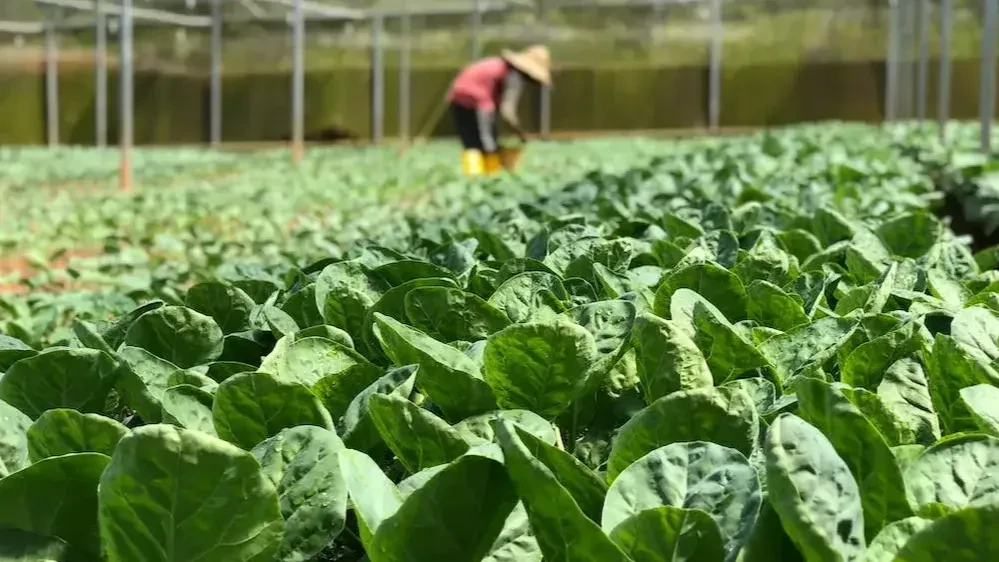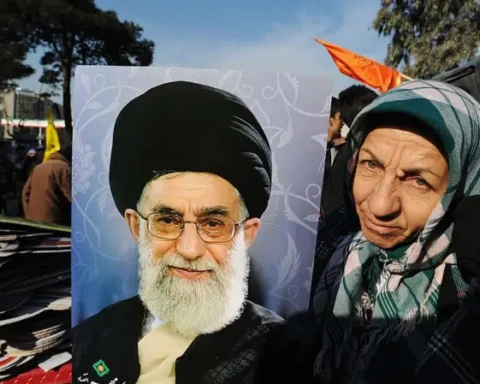Tanzania’s agricultural exporters are facing a major hurdle after the government implemented a sharp increase in fees for phytosanitary certificates—essential documents required to ensure produce meets international health and safety standards.
The drastic hike, which exceeds 460%, has sparked concern among exporters, who fear it could undermine their competitiveness in the global market.
Starting January 2025, the cost of obtaining a phytosanitary certificate jumped from Sh58,347 to Sh331,320 per container consignment. The new charges include an inspection fee of Sh201,320 and an export certification fee of Sh130,000 for consignments weighing more than 1,000 kilograms.
Phytosanitary certificates are crucial for Tanzania’s agricultural trade, as they certify that crops have been inspected and meet the pest and disease control regulations of importing countries. Without them, exporters cannot access international markets.
Many in the industry say the increase is unsustainable. “This will make it harder for us to compete,” said one exporter, who wished to remain anonymous. “We are already dealing with high operational costs, and now this new fee structure will push many of us out of business. The government needs to reconsider.”
Despite the backlash, officials from the Tanzania Plant Health and Pesticides Authority (TPHPA) argue that the fee adjustments are necessary.
“The previous rates were set in 1996 and are no longer sufficient to support our operations,” said TPHPA Director General Prof. Joseph Ndunguru. He explained that the new fees will improve services, ensure compliance with international standards, and enhance laboratory capacity for testing agricultural products.
TPHPA recently acquired five High-Performance Liquid Chromatography (HPLC) machines, allowing the agency to analyze up to 2,000 crop samples per week. This, officials say, will reduce reliance on foreign laboratories and speed up the certification process, helping exporters meet global standards more efficiently.
While the government sees the fee increase as a step toward strengthening Tanzania’s agricultural exports, small and medium-sized exporters say they are struggling to cope.
One horticultural exporter reported that certification costs for 29 shipments surged from Sh1.4 million to Sh7.3 million—a significant financial burden. “It’s impossible to absorb these costs without raising prices, which will make our products less competitive,” the exporter said.
The impact is also being felt by non-container shipments, particularly those processed at airports. The cost of plant quarantine and phytosanitary services, which was previously Sh45,900, has now jumped to Sh155,000 for consignments over 1,000 kilograms.
Many exporters worry that the increased fees could push buyers to source produce from neighboring countries where certification costs are significantly lower.
Also Read; Russia Strikes Ukraine’s Power Plant
Amid Winter
In Rwanda, a phytosanitary certificate costs the equivalent of Sh364, while in Uganda, it is around Sh3,348. In Kenya, exporters pay approximately Sh11,880—far less than the new Tanzanian rate.
“If we become too expensive, international buyers will look elsewhere,” warned a cashew nut exporter who supplies Europe and the Middle East. “This could seriously damage Tanzania’s reputation as a reliable agricultural exporter.”
As concerns mount, industry leaders are urging the government to review the policy or introduce measures to cushion exporters from the financial strain. Some have proposed a phased fee adjustment or government subsidies to help smaller exporters manage the increased costs.
The fee hike comes at a time when Tanzania is working to expand its agricultural exports and secure new international markets. However, if exporters cannot remain competitive due to rising costs, these efforts could be at risk.







